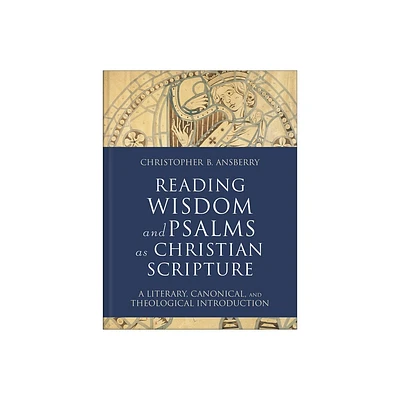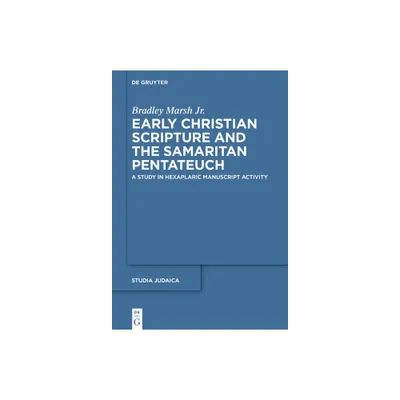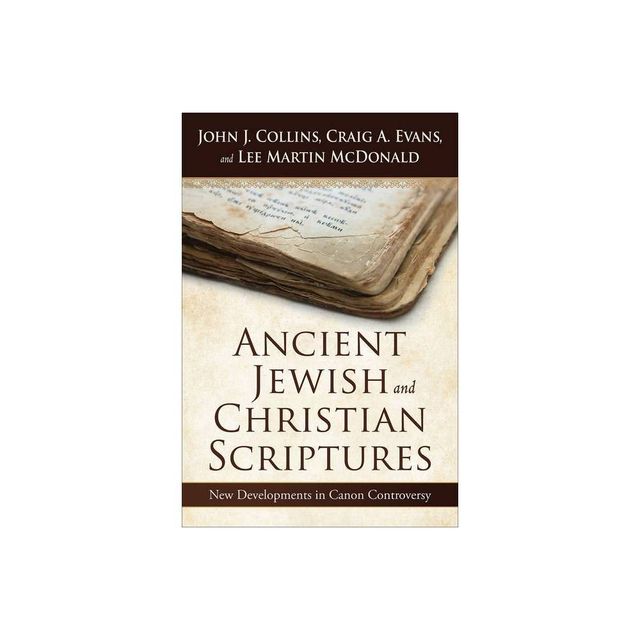Home
Reading Joshua as Christian Scripture
Loading Inventory...
Barnes and Noble
Reading Joshua as Christian Scripture
Current price: $42.95


Barnes and Noble
Reading Joshua as Christian Scripture
Current price: $42.95
Loading Inventory...
Size: OS
*Product Information may vary - to confirm product availability, pricing, and additional information please contact Barnes and Noble
The book of
Joshua
has been received and used as Christian Scripture throughout Christian history. The challenge today, however, is how Christians should appropriately continue to read
as Scripture, not least in the light of well-known historical and ethical difficulties with the narrative. In
Reading Joshua as Christian Scripture
, Douglas Earl draws on conceptual resources offered by recent anthropological approaches to myth and combines this with a close literary reading of the text, in order to argue that Joshua is misconstrued when it is treated as a historical account of conquest. Instead, in its ancient Israelite context
functioned to reshape accepted norms of community identity, as reflected in the book of Deuteronomy, by forming a new “cultural memory.” Furthermore, Earl reconsiders the traditional notion of the “spiritual sense” of Scripture in terms of a rich account of symbol and also makes use of the narrative hermeneutics of Paul Ricoeur. The result is a fresh and unexpected reading of
as Christian Scripture that develops the original function of the narrative in a way that resonates with classic premodern readings and is also challenging to contemporary Christian understandings of identity and faithfulness.
Joshua
has been received and used as Christian Scripture throughout Christian history. The challenge today, however, is how Christians should appropriately continue to read
as Scripture, not least in the light of well-known historical and ethical difficulties with the narrative. In
Reading Joshua as Christian Scripture
, Douglas Earl draws on conceptual resources offered by recent anthropological approaches to myth and combines this with a close literary reading of the text, in order to argue that Joshua is misconstrued when it is treated as a historical account of conquest. Instead, in its ancient Israelite context
functioned to reshape accepted norms of community identity, as reflected in the book of Deuteronomy, by forming a new “cultural memory.” Furthermore, Earl reconsiders the traditional notion of the “spiritual sense” of Scripture in terms of a rich account of symbol and also makes use of the narrative hermeneutics of Paul Ricoeur. The result is a fresh and unexpected reading of
as Christian Scripture that develops the original function of the narrative in a way that resonates with classic premodern readings and is also challenging to contemporary Christian understandings of identity and faithfulness.


















